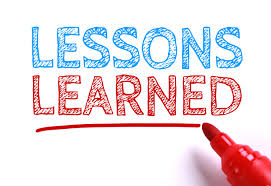What to do When You're Not Motivated to Write
/Every writer hits a block from time to time, but the pandemic and all its struggles have taken a toll on everyone. I attended a writers’ event this week, and over 75% of the people there said that they haven’t felt or been motivated to write recently. It is a struggle. Be gentle with yourself. Write when you can.
I decided early on in the pandemic that I was going to use my normal commute time to and from work for writing time. It provided some bit of normalcy for me, and I have a daily time that I work on writing and revisions.
Here are some ideas. I hope they help you.
Schedule some writing time daily or weekly. Know that that is your task for that amount of time.
Find your writer friends (e.g. critique group, writing buddy, writers’ group). The support and encouragement is invaluable.
Many writing groups are hosting “write-ins” or “check-ins” where you talk about your goals and work on your writing. Some groups do this on a virtual call and others with social media posts. It’s a daily check-in on your progress. It helps to have encouragement and to know that you’re not alone.
Set a writing goal with a deadline. Nothing makes me move faster than a pending deadline.
Work on other writerly tasks. Update your website or social media pages. Update your biography.
Find a writing friend and check in on each other weekly. I have two critique partners, and we do this almost weekly as we provide new pages or edits to our chapters.
If you don’t feel like writing, try doing some research or outlining for a future project.
Exercise or at least move around. Do something you enjoy (e.g. walks, dancing, yoga, hula hoop). Take care of yourself.
Check in on a friend. Reach out to to someone and see how they’re doing.
Find ways to volunteer. If you can’t do it in-person, a lot of groups are looking for people to help with at-home projects.
I hope you and your family are safe and well. We will get through this together. And when we’re able to gather again, we are going to have the most stupendous celebrations and book events. Take care of yourself. And Happy Holidays!















